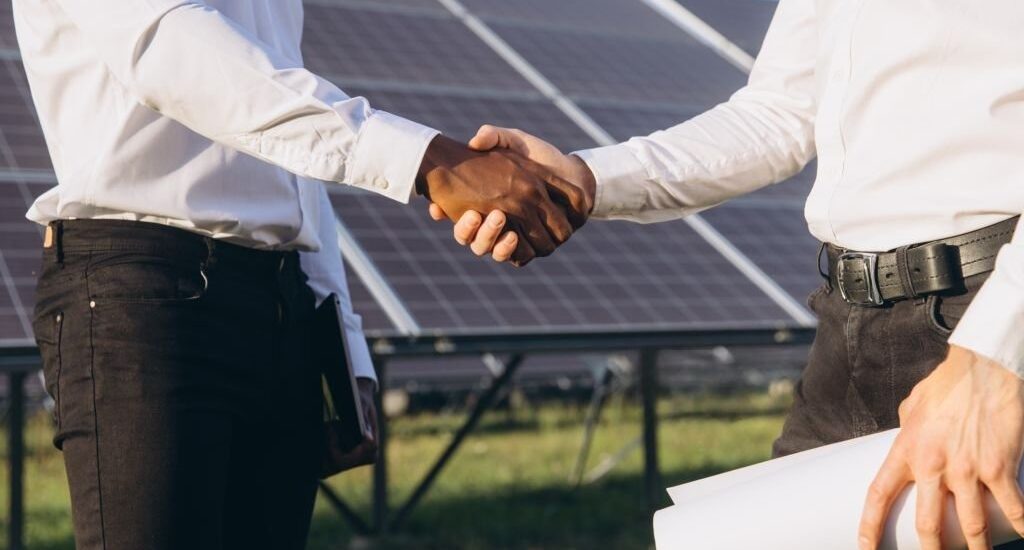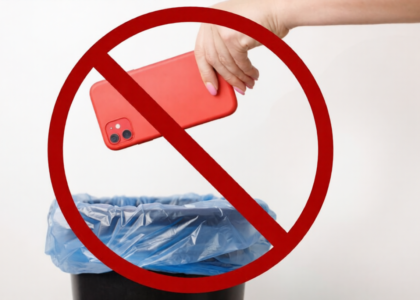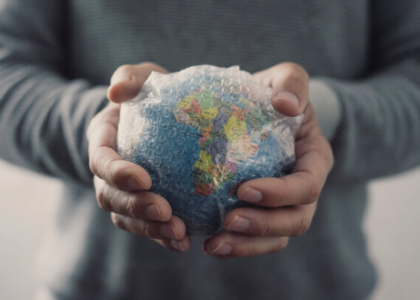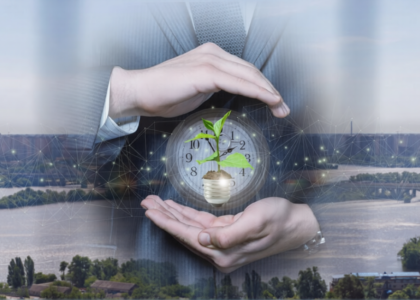The race to a cleaner, greener planet is accelerating. From solar farms in India to wind corridors in Europe and electric mobility in Africa, the global energy landscape is transforming.
But here’s the uncomfortable truth: not everyone is benefiting from the clean energy transition equally.
While renewable energy promises a sustainable future, millions of vulnerable communities risk being left behind — facing energy poverty, displacement, and deepening inequality. This raises an urgent question:
Can the transition to clean energy truly be called “sustainable” if it isn’t also just and inclusive?
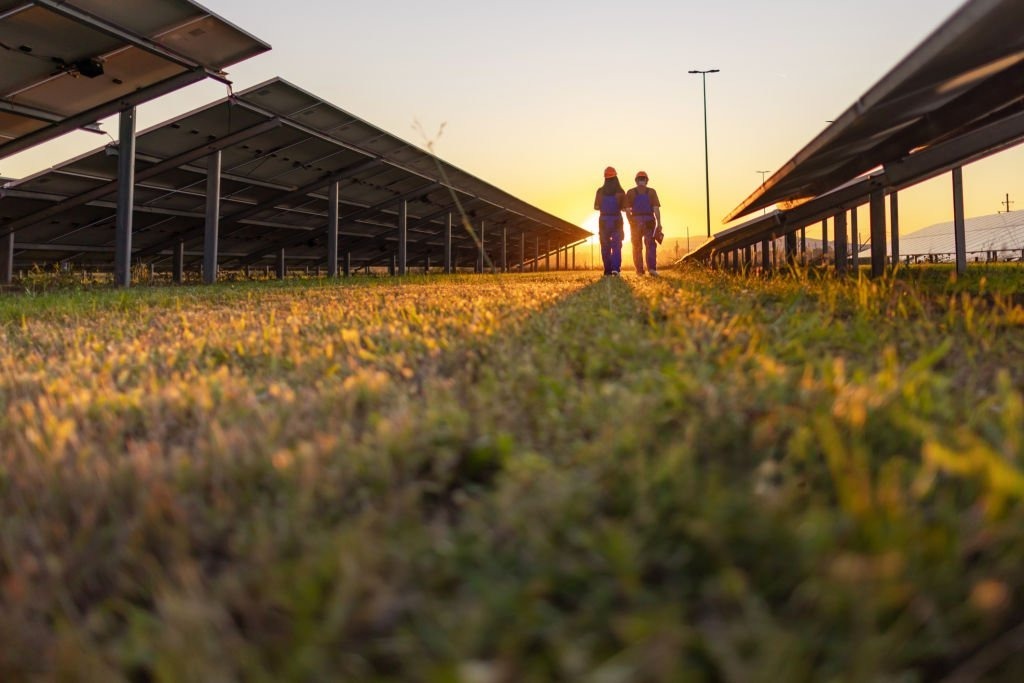
🌍 The Promise vs. The Reality
The clean energy boom is impressive. In 2024 alone, renewables accounted for nearly 30% of global power generation, with governments pledging net-zero targets and private investors pouring billions into green innovation.
However, the shift hasn’t been equitable:
- Energy poverty persists: Over 675 million people worldwide — mostly in Sub-Saharan Africa and South Asia — still lack access to electricity.
- Land conflicts are rising: Large-scale solar, hydro, and wind projects often displace indigenous communities without fair compensation.
- Supply chain ethics are overlooked: The rush for lithium, cobalt, and rare earth minerals used in batteries has fueled unsafe mining practices and child labor in parts of Africa and Asia.
- Cost disparities remain: Wealthier countries adopt clean tech faster, leaving developing nations struggling to catch up.
This imbalance creates a clean energy divide that mirrors — and sometimes deepens — existing social and economic inequalities.
⚡ Who’s Getting Left Behind?
1. Energy-Poor Communities
Rural areas in Africa, Asia, and Latin America remain trapped in energy poverty, relying on biomass or kerosene for cooking and lighting while urban centers move toward solar and wind-powered grids.
2. Indigenous Peoples and Local Farmers
From the Amazon basin to Kenya’s Lake Turkana Wind Project, indigenous groups are often displaced to make way for mega-infrastructure, losing ancestral lands and livelihoods.
3. Informal Workers and Fossil Fuel Communities
Miners, refinery workers, and others dependent on fossil fuel industries face job losses as countries shift to renewables — often without retraining programs or social protections.
4. Small Island Nations
Ironically, nations like Vanuatu and Maldives contribute the least to emissions but face the highest climate risks, while lacking adequate financing to build renewable infrastructure.
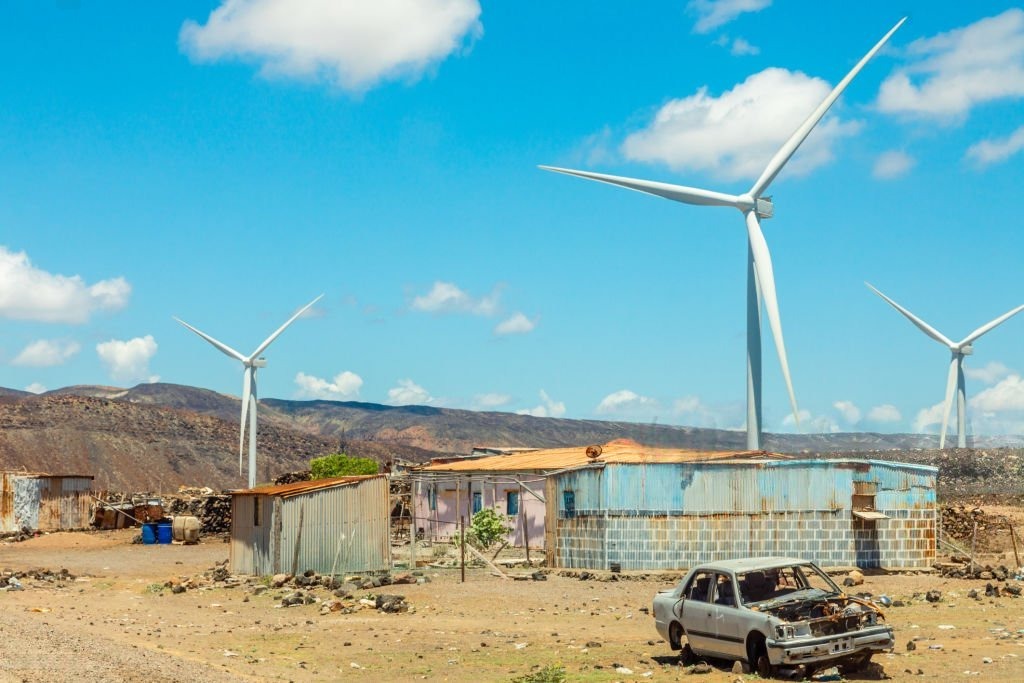
🌱 The Case for Energy Justice
A truly sustainable energy transition must go beyond carbon targets and efficiency metrics. It needs to focus on justice:
- Equitable Access → Ensuring all communities, especially marginalized ones, benefit from clean energy projects
- Inclusive Decision-Making → Giving local voices — particularly indigenous and rural communities — a seat at the table
- Fair Labor Practices → Protecting workers in both fossil fuel and renewable supply chains
- Financial Support → Providing technology transfers, concessional funding, and climate finance to developing economies
As Mary Robinson, former UN High Commissioner for Human Rights, put it:
“Climate justice insists on a shift from a purely technical approach to a people-centered one.”
🔑 How Do We Get There?
1. Integrate “Just Transition” Policies
Governments must implement policies that protect fossil fuel workers, support retraining, and provide income alternatives during the shift to renewables.
2. Decentralize Renewable Energy Access
Microgrids, solar home systems, and community-based projects can deliver clean power to remote and underserved areas faster and more affordably.
3. Hold Corporations Accountable
Companies investing in clean energy must ensure ethical sourcing, fair wages, and transparent supply chains — avoiding exploitation of vulnerable workers.
4. Scale Climate Financing
High-emission countries must fulfill funding pledges, ensuring developing nations can access clean technologies without deepening debt burdens.
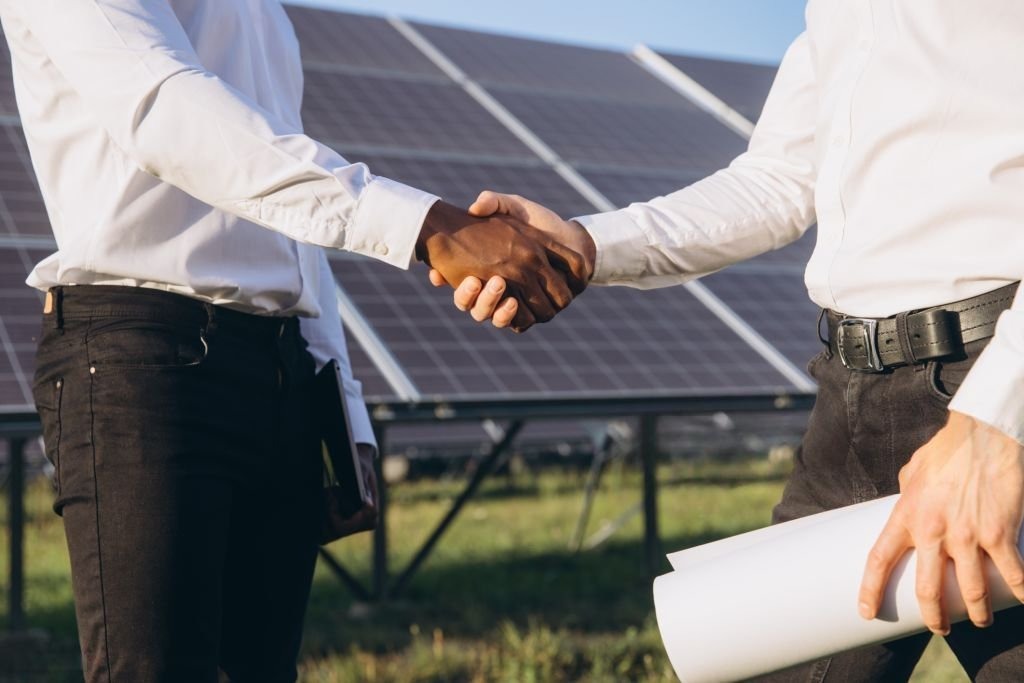
🌐 Towards a Fair Energy Future
The transition to clean energy is not just about technology — it’s about equity, dignity, and human rights.
At SustainabilityUnscripted, we believe climate action must go hand-in-hand with social justice. A renewable-powered future that leaves millions behind isn’t sustainable — it’s exclusionary.
The real question isn’t just how fast we can transition — but how fair we can make the journey.

